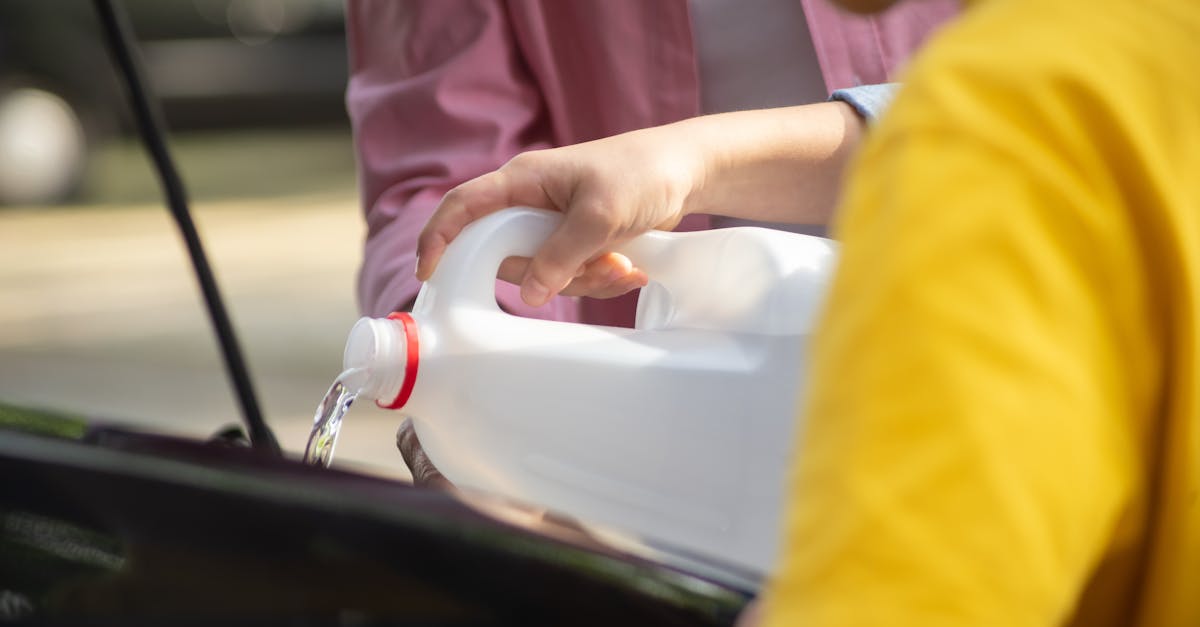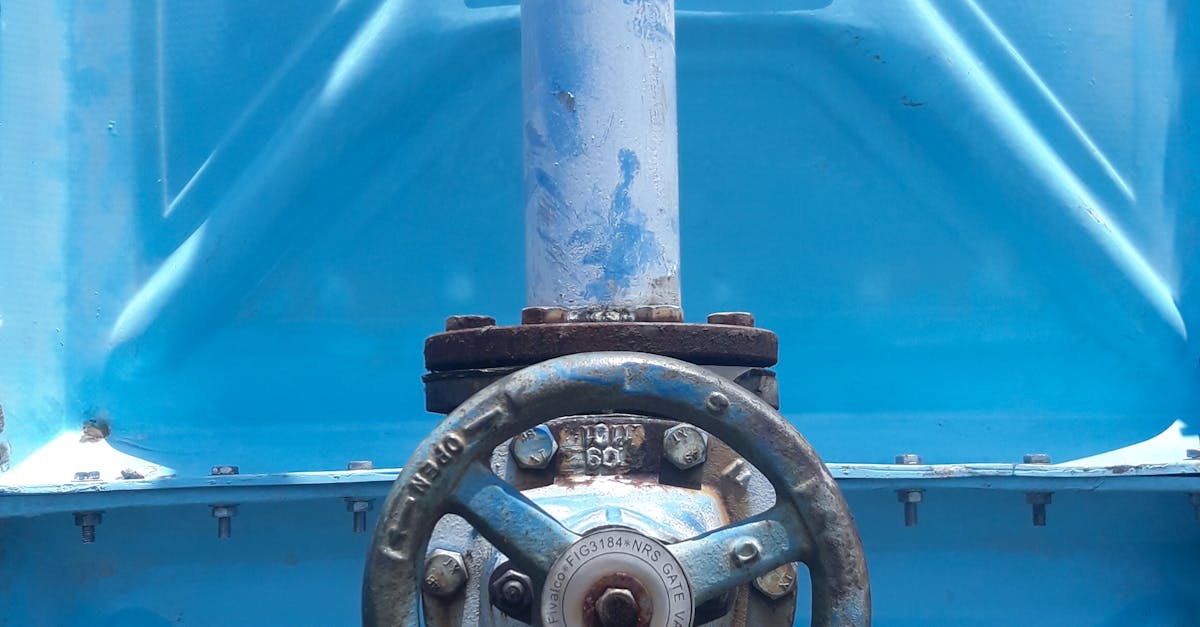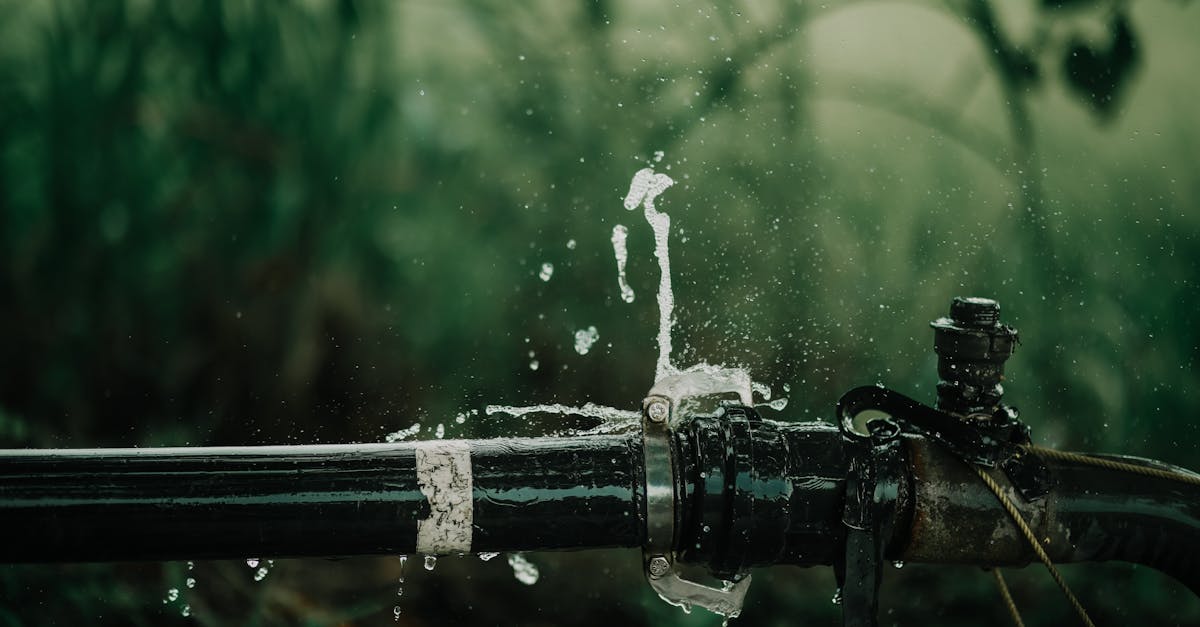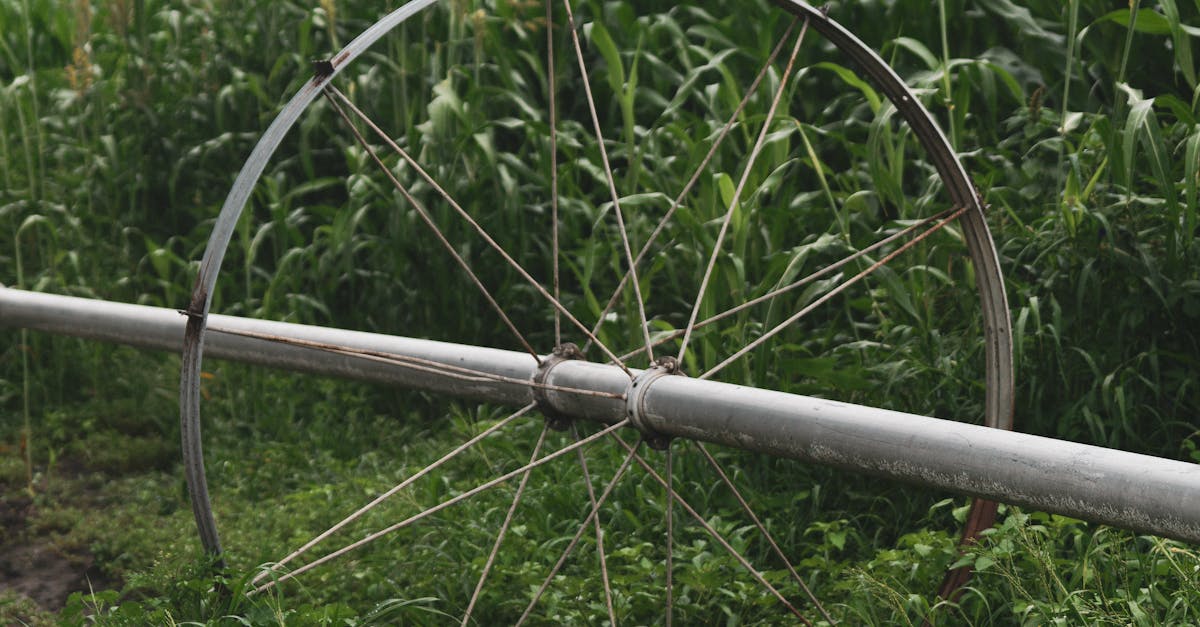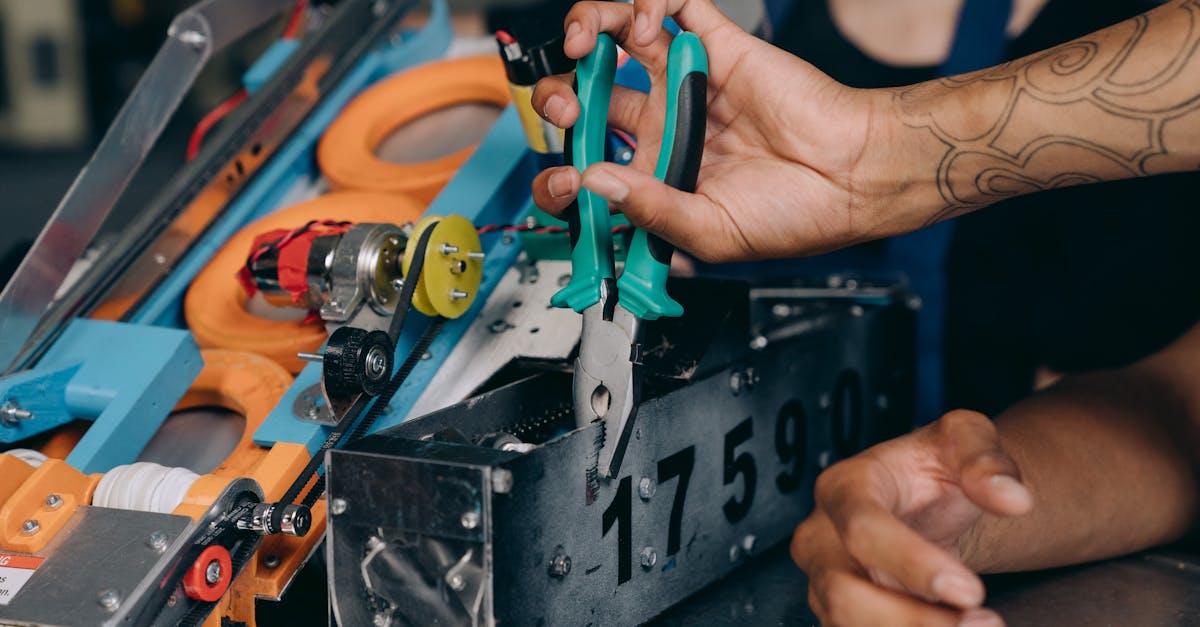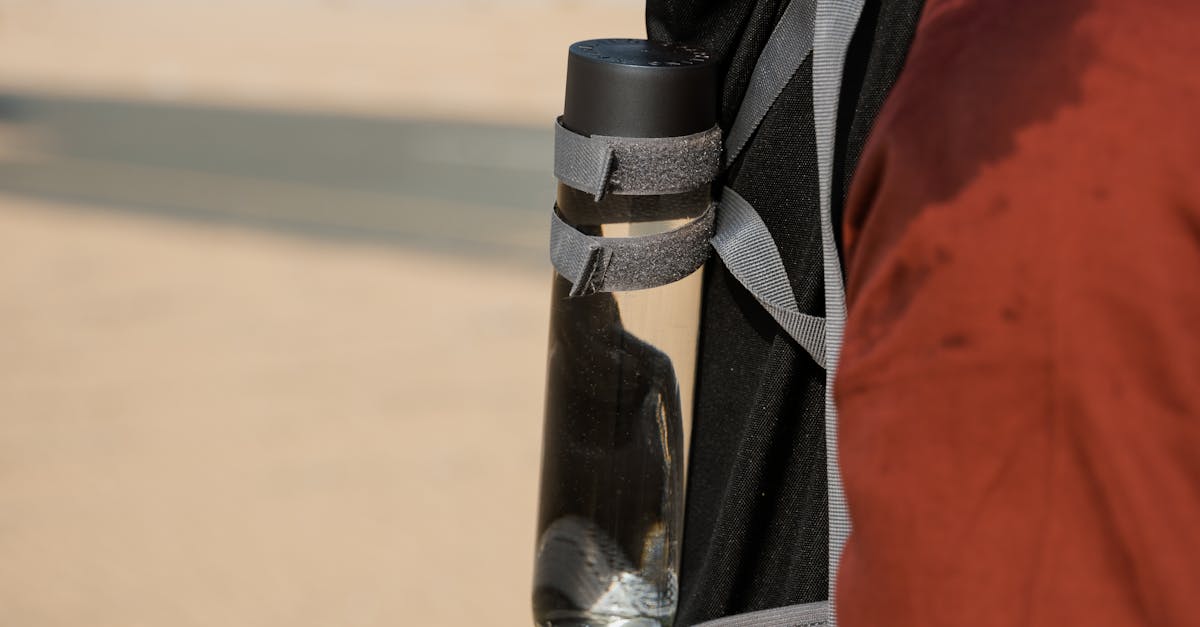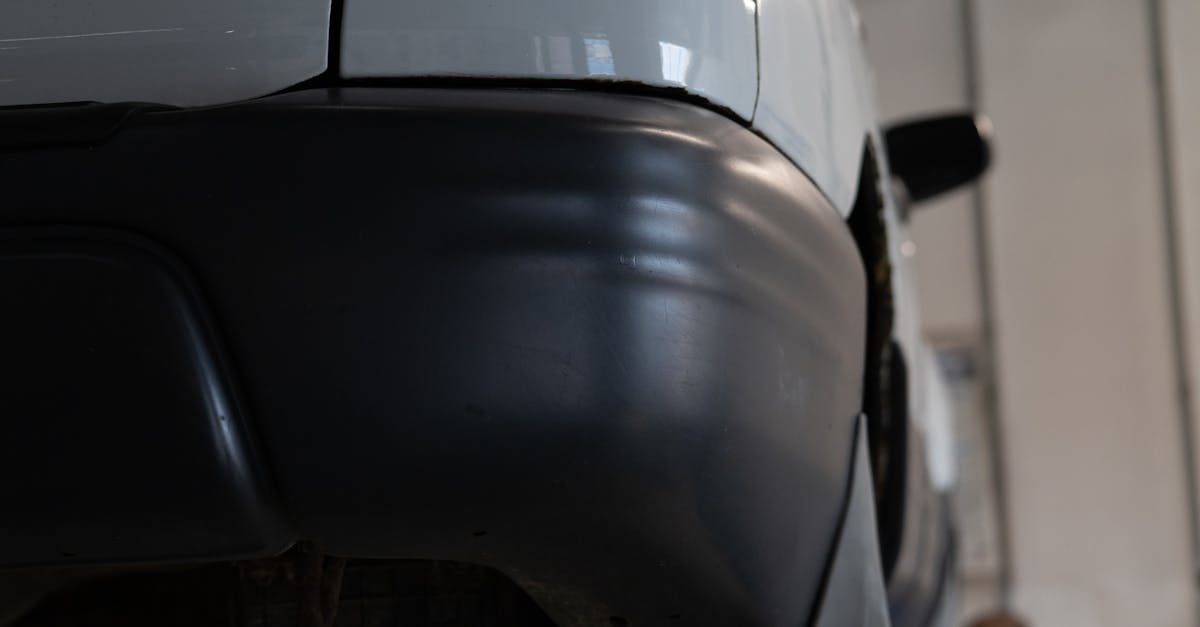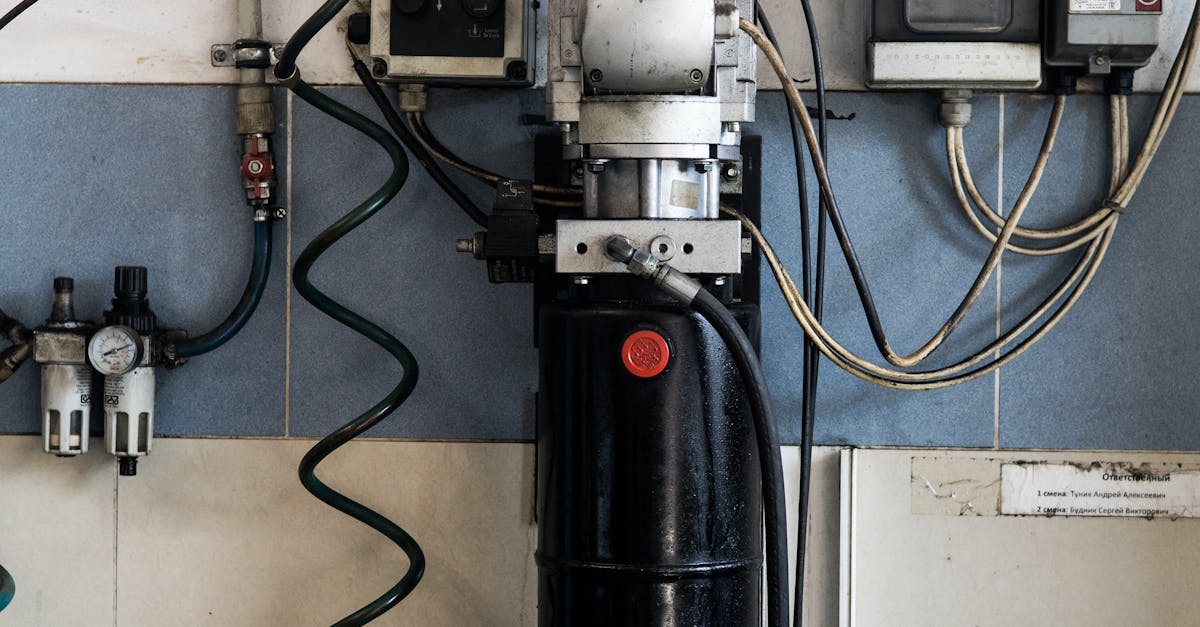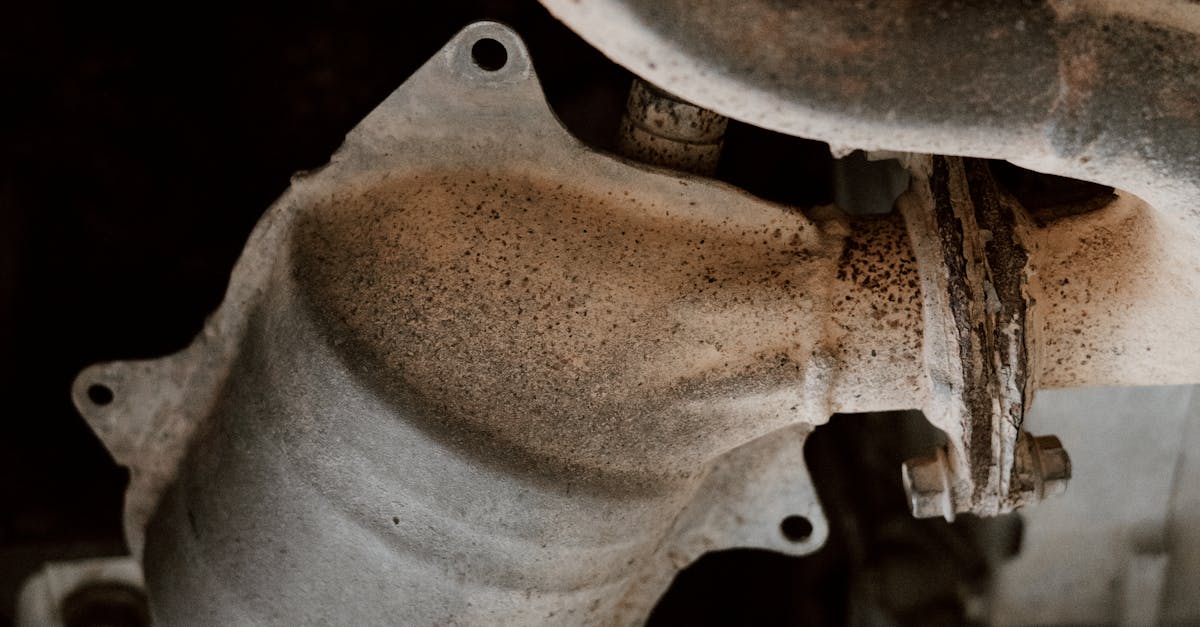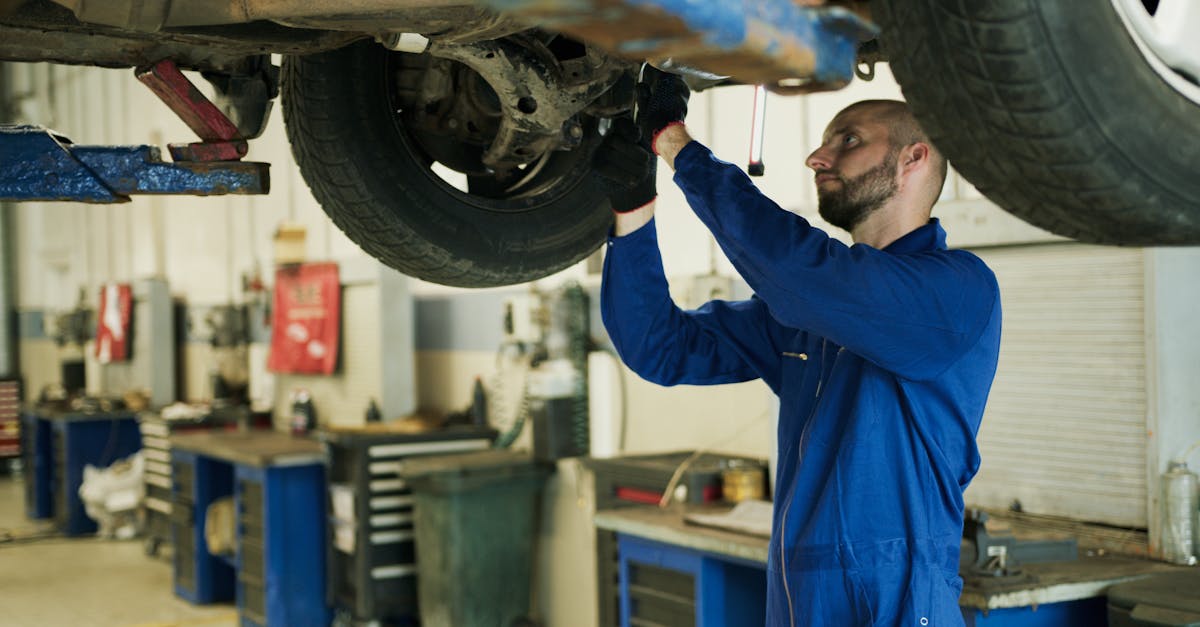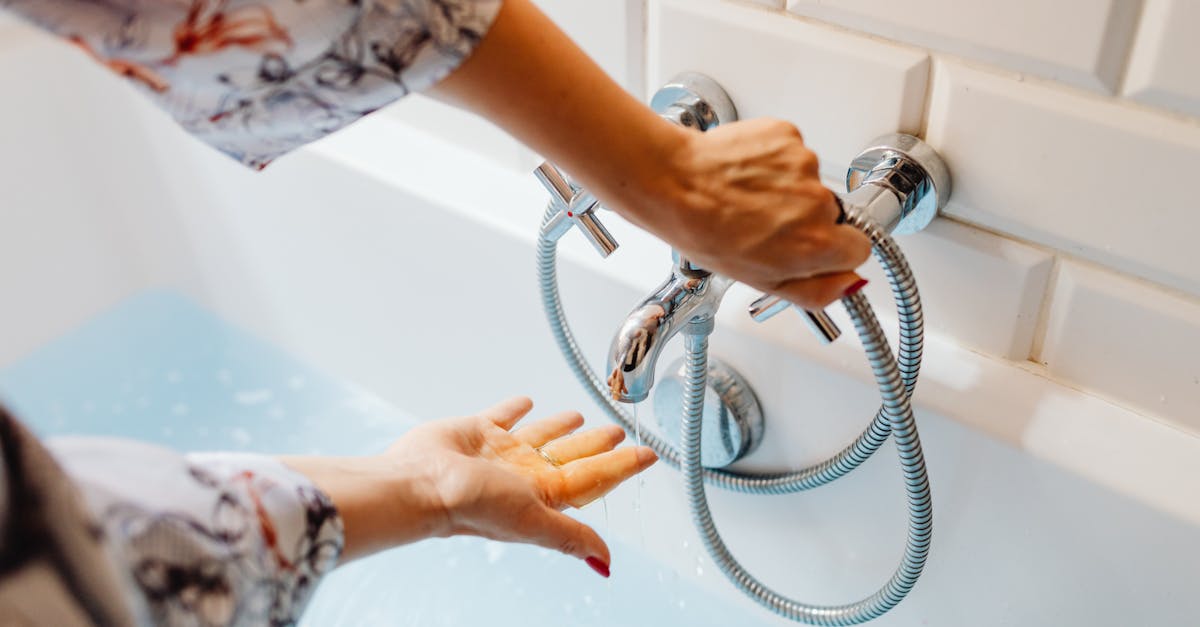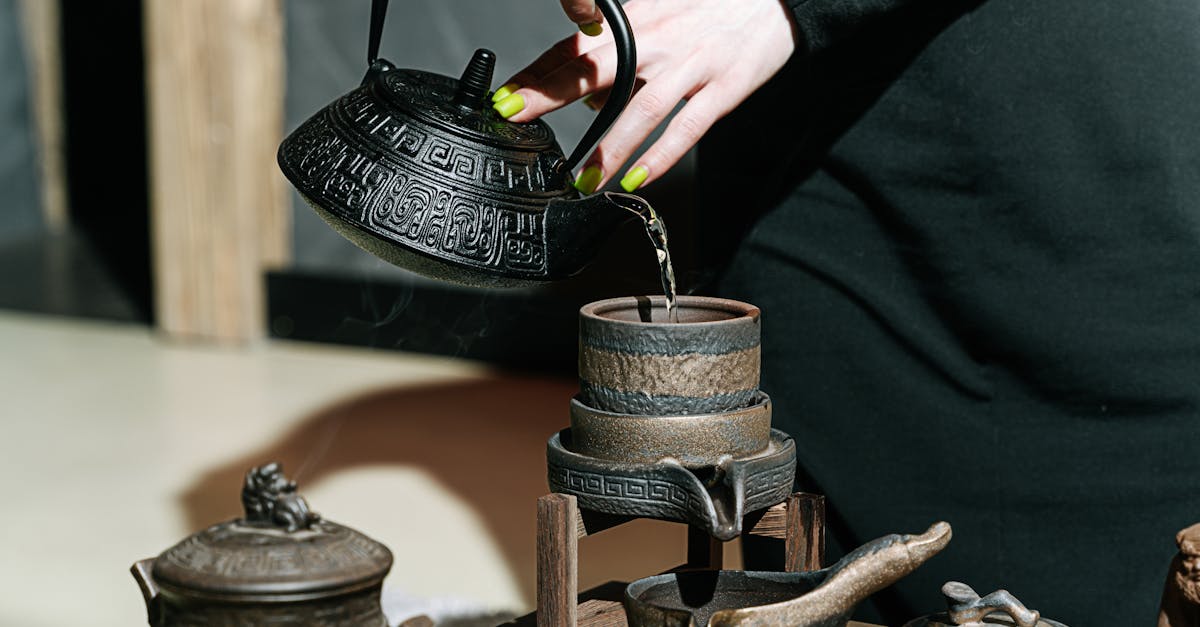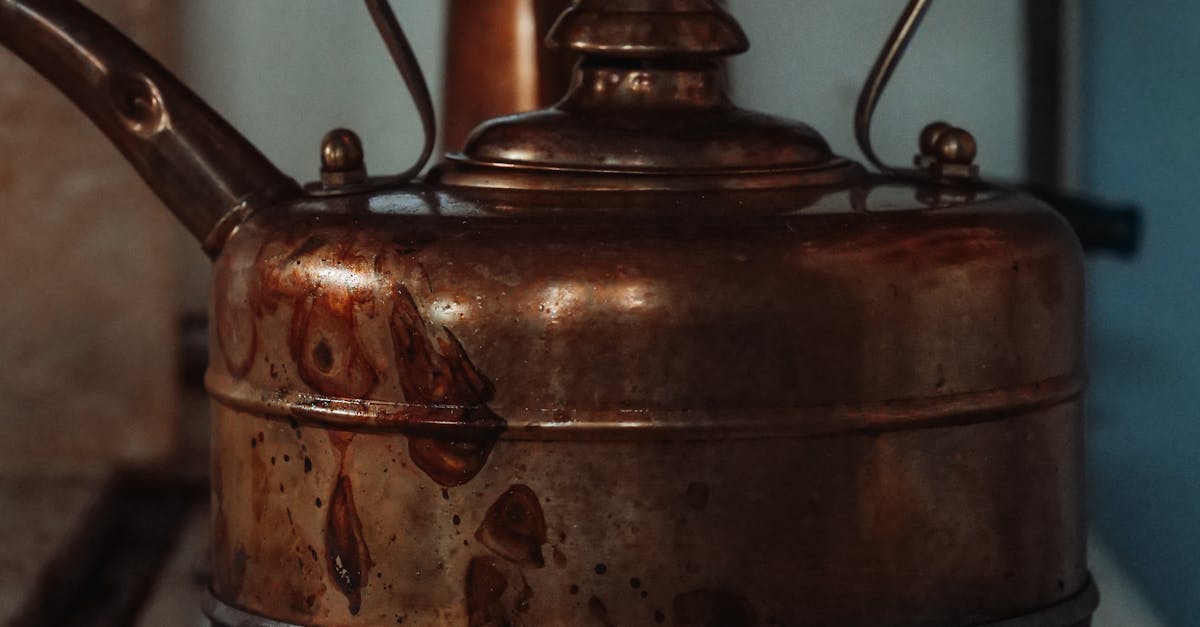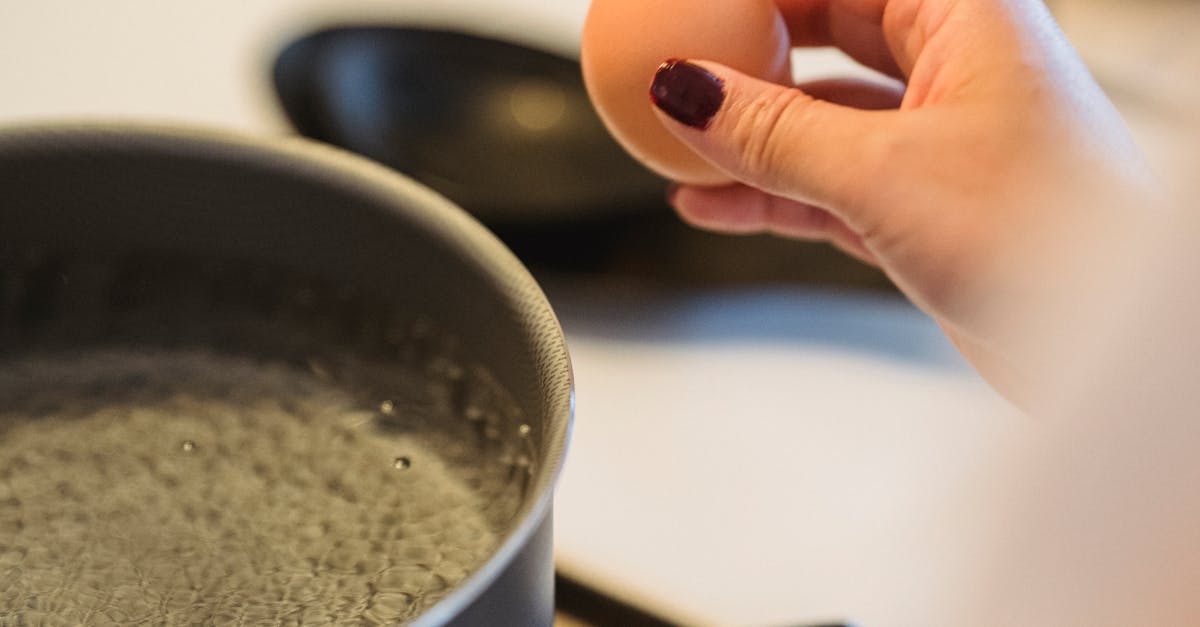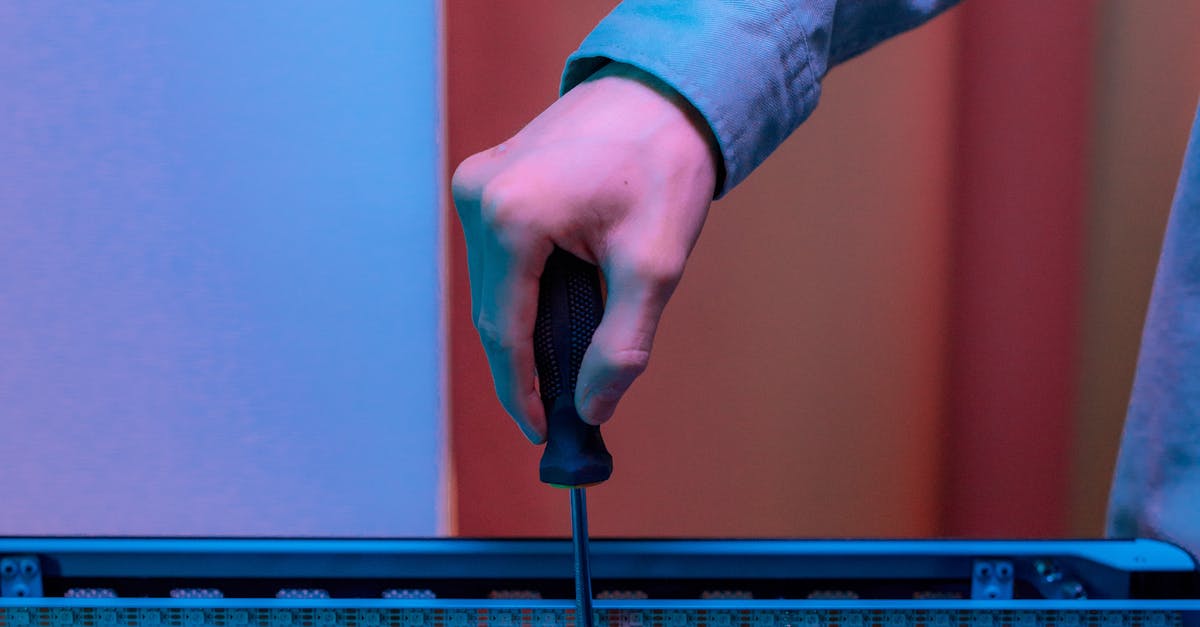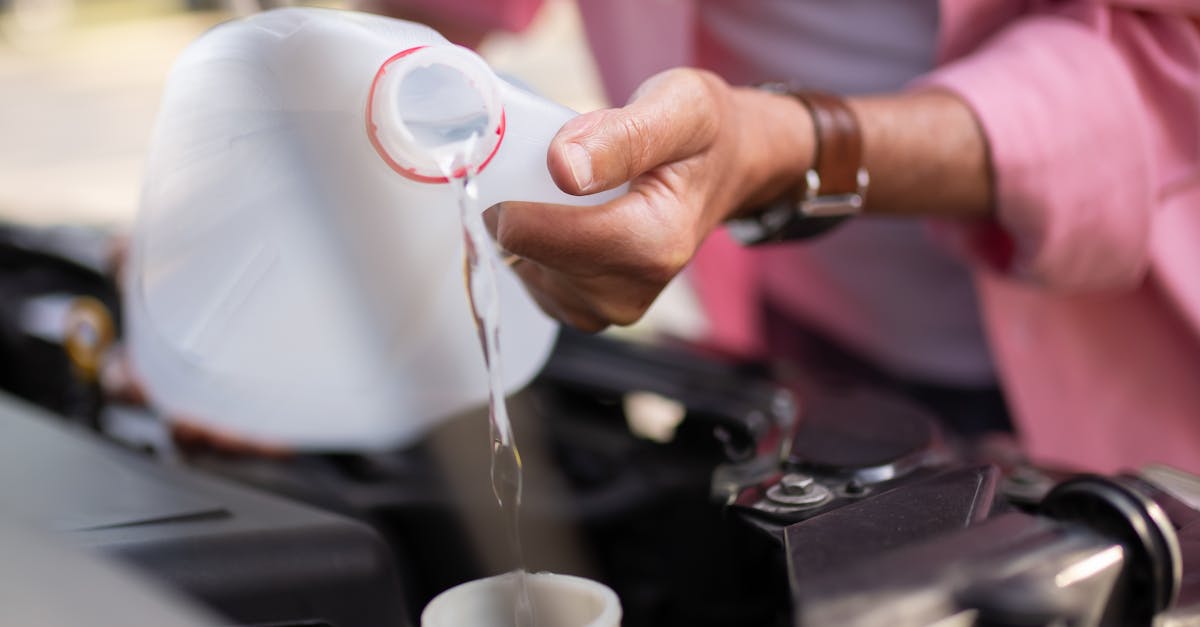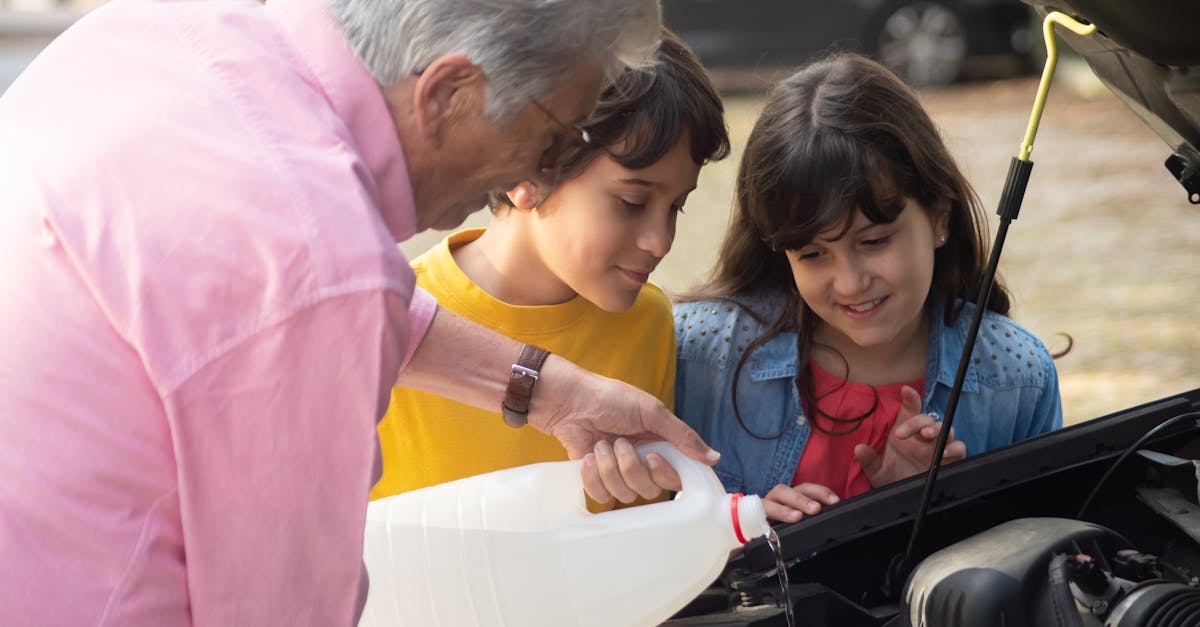
Table Of Contents
Benefits of Upgrading Your Water Heater
Upgrading your water heater offers numerous benefits, particularly in terms of efficiency and reliability. Modern units are designed to consume less energy, translating into lower utility bills over time. Newer models often come with enhanced safety features, reducing the risk of malfunctions that can lead to leaks or worse. When considering an upgrade, it is important to note that a new system may also provide more consistent hot water supply, which is crucial for larger households.
Older water heaters can often require extensive repair work, necessitating regular hot water system repair to keep them functioning. This not only leads to higher costs but can also be inconvenient, particularly when unexpected breakdowns occur. Investing in a newer unit typically means fewer repairs and greater peace of mind, allowing homeowners to focus on other priorities rather than worrying about their water heating system.
Enhanced Features and Technology
Modern water heaters come equipped with advanced technology that significantly improves their efficiency and user convenience. Many newer models feature smart controls that allow homeowners to adjust temperatures remotely or schedule heating times to conserve energy. These enhancements not only optimise performance but also provide real-time data on energy usage, enabling cost-effective management of both the system and household energy consumption.
With the introduction of features such as tankless designs and high-efficiency heat pumps, newer water heaters can provide a continuous supply of hot water while utilising less energy. This contrasts with older systems, which may require frequent hot water system repair due to wear and inefficiency. Upgrading to a contemporary model can lead to substantial long-term savings on utility bills and reduce the environmental footprint through more sustainable energy practices.
Common Repair Issues for Old Water Heaters
Old water heaters frequently encounter a variety of issues that can compromise their efficiency. One common problem is sediment build-up, which occurs when mineral deposits settle at the bottom of the tank. This accumulation can reduce the heater's efficiency and lead to overheating. Another prevalent issue is corrosion, which can cause leaks in the tank or pipes. These leaks can result in significant water damage if not addressed promptly, making it crucial for homeowners to be vigilant about their hot water system's condition.
In addition to sediment build-up and corrosion, temperature fluctuations can occur in older units. This problem may arise from a faulty thermostat or heating element. Frequent cycling can also indicate that the unit is struggling to maintain consistent water temperatures. Hot water system repair may be necessary when these issues arise, as neglecting them can lead to further complications and increased energy costs. Regular maintenance and timely repairs can extend the life of an older water heater while ensuring it operates effectively.
Typical Problems and Solutions
Old water heaters often exhibit a range of common problems that can be addressed through effective troubleshooting. One typical issue is inconsistent water temperature, which may result from sediment build-up in the tank. Flushing the tank can help to remove this build-up, restoring optimal performance. If the problem persists, it may point to a failing thermostat or heating element, necessitating a more thorough inspection or replacement.
Another frequent concern with aging hot water systems is leakage, which can lead to more significant damage over time. Identifying the source of the leak is critical, as it may be a loose connection, a corroded valve, or even the tank itself. In many cases, small leaks can be repaired with the right sealants or by tightening fittings. However, persistent or severe leaks typically require professional hot water system repair to prevent water damage and further complications.
Assessing Your Water Heater's Performance
Evaluating your hot water system's performance is crucial in determining whether a repair is a viable option. Check for consistent water temperature while using taps or showers. Fluctuations in temperature may indicate sediment build-up or failing heating elements. Inspect the water pressure as well; low pressure could point to potential leaks or blockages in the system. Regular monitoring of these factors allows you to gauge the overall efficiency of the heater.
Age also plays a significant role in performance assessment. A 20-year-old heater may not meet the increasing demand for hot water in a modern household. Consider the energy consumption of your unit; older models often operate less efficiently, leading to higher utility bills. If persistent problems arise despite hot water system repair attempts, it might be time to weigh the benefits of upgrading to a more energy-efficient model.
Factors to Consider for Evaluation
When considering whether to repair a 20-year-old water heater, several factors come into play that can influence your decision. The age of the appliance is a significant aspect; older models often lack energy efficiency and advanced features that newer units provide. Additionally, think about the frequency of past repairs. If your hot water system has experienced multiple issues in recent years, it may be a sign that further repairs could lead to diminishing returns.
Another crucial factor to evaluate is the warranty status of your current water heater. If it is no longer covered, any hot water system repair can become costly. Consider also the type of hot water system you have. Some traditional systems may not be worth investing in, especially if they are prone to specific failure modes. Weigh the potential savings against the costs of ongoing maintenance and repair to determine the most beneficial option for your situation.
FAQS
How can I determine if my 20-year-old water heater needs repairs?
You can assess your water heater's performance by checking for signs of leaks, inconsistent water temperature, strange noises, or rusty water. If you notice any of these issues, it may be time to consider repairs or replacement.
What are the benefits of upgrading to a newer water heater?
Upgrading to a newer water heater can provide enhanced features and technology, improved energy efficiency, lower utility bills, and better reliability. Newer models often come with advanced safety features and warranties as well.
What are some common repair issues with old water heaters?
Common issues with old water heaters include sediment buildup, heating element failure, leaks, and rust. These problems can often be fixed, but frequent repairs might indicate it's time for a replacement.
How long should a water heater typically last?
Most water heaters last between 10 to 15 years. If your water heater is 20 years old, it is likely past its expected lifespan and may require more frequent repairs or replacement.
Is it more cost-effective to repair or replace an old water heater?
It depends on the extent of the repairs needed and the age of the unit. If repairs are minor and the unit is functioning well, it may be worth fixing. However, if the unit requires significant repairs or is nearing the end of its life, replacing it with a new, energy-efficient model is often more cost-effective in the long run.

